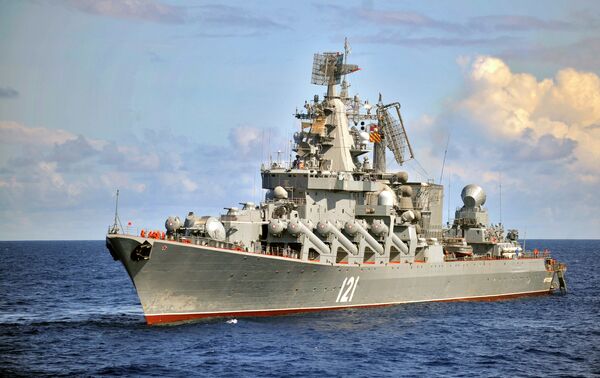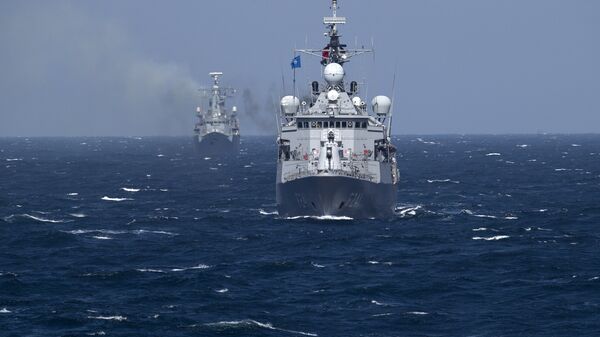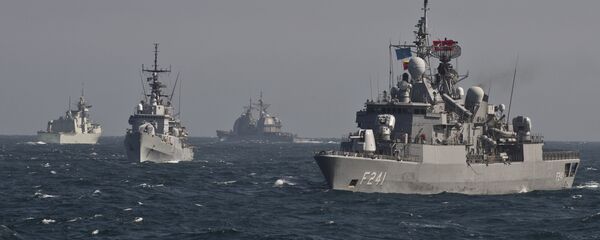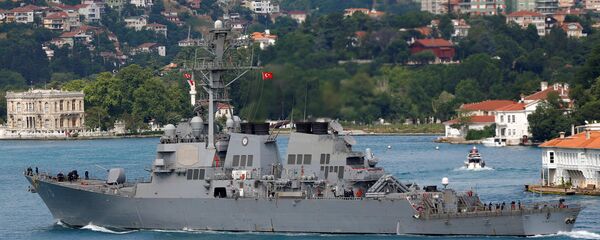"Surely, it is easier to explain Bulgaria's unpredictability by invoking Russian energy blackmailing, implicit pressure, a bribe or other scary KGB tricks," the deputy editor of Carnegie.ru noted.
This explanation is "psychologically convenient," he said, but in this case it is an incorrect one. "Without any Russian pressure involved, many countries on NATO's eastern flank are unreliable; they do not trust each other and have grudges against the West."
The bloc's Black Sea naval force was meant to be one of the key measures aimed at containing Russia. These include the already tested and mission ready "Spearhead Force," as well as four battle groups that are expected to be deployed in Estonia, Latvia, Lithuania and Poland in 2017.

Legal constraints
NATO's leadership welcomed the initiative, spearheaded by Romania. Representatives from the three countries are said to have discussed the issue for months and the talks appeared to be fruitful until Bulgaria dropped out of the project.
"I do not need a war in the Black Sea," Bulgaria's Prime Minister Boyko Borisov said on June 16. "To send warships as a fleet against the Russian ships exceeds the limit of what I can allow," he added.

The Kremlin's hand
Bulgaria's Prime Minister Boyko Borisov is the furthest one can get from being the Kremlin's puppet. In fact, he is one of the most anti-Russian politicians in the country's political elite. Borisov's track record definitely proves this. While in power, he has managed to "bury all major bilateral projects" with Russia, the analyst said.
"If the Kremlin can easily force Borisov to make all the right choices, then why did not Moscow do anything when [the Bulgarian prime minister] pulled the plug on the Burgas–Alexandroupoli pipeline project? Or the Belene Nuclear Power Plant and the South Stream projects?" Samorukov asked.
The real reason why NATO's Black Sea initiative came to an end has nothing to do with Moscow.
"There was no irresistible pressure from the Kremlin. The plan to create a permanent fleet fell through due to internal reasons, which are typical not only for Bulgaria, but many other NATO members in Eastern Europe," the analyst noted.
On the same day as Borisov announced that Bulgaria was not interested in creating NATO's naval task force in the Black Sea, the International Court of Arbitration at the International Chamber of Commerce in Geneva ruled that Bulgaria must pay $700 million in compensation for cancelling the Belene NPP project. Yielding to Western pressure turned out to be a very costly affair for Sofia.



